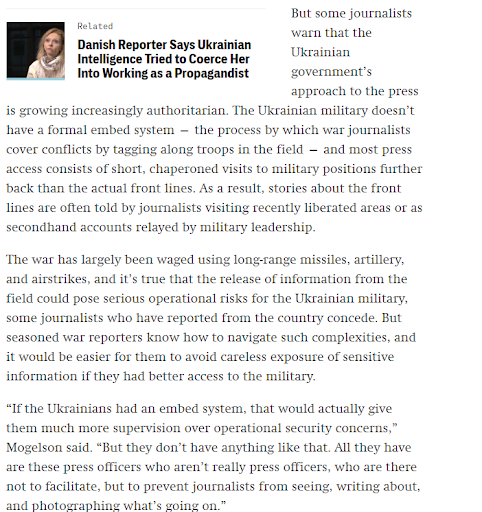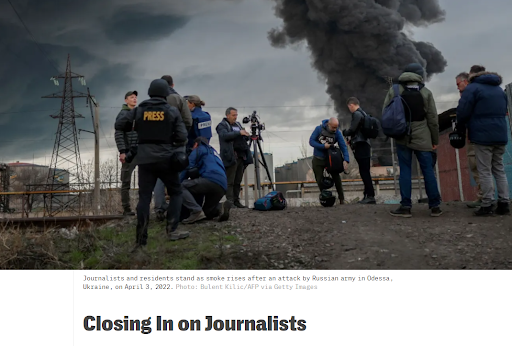
Nika Soon-Shiong said LA Times endorsement was blocked over Gaza war support
Nika Soon-Shiong, a 31-year-old activist who has no official role at the newspaper but has previously been accused of meddling in its coverage, told The New York Times that she and her father made the decision not to endorse Harris. Nika Soon-Shiong reportedly said:
“Our family made the joint decision not to endorse a Presidential candidate. This was the first and only time I have been involved in the process... As a citizen of a country openly financing genocide, and as a family that experienced South African Apartheid, the endorsement was an opportunity to repudiate justifications for the widespread targeting of journalists and ongoing war on children.”
Before Biden dropped out, it was argued that Gaza Genocide will be for Biden what Covid-19 was for Trump. Harris, not making a clear shift in Biden's policies and approach made her inherit his legacy and that will likely sink her bid for the presidency. Young Americans, especially, are not willing to look past the atrocities in Gaza and now Lebanon happening under Biden's watch and by his support.





















































































